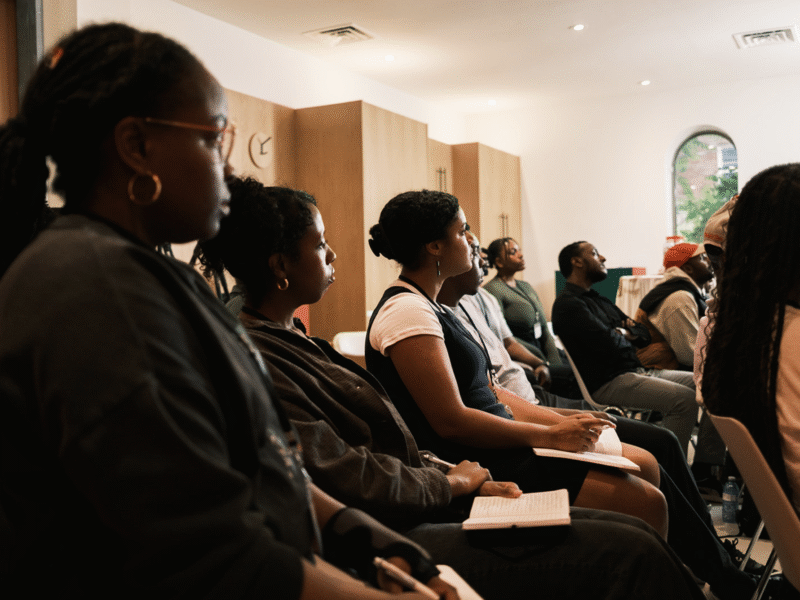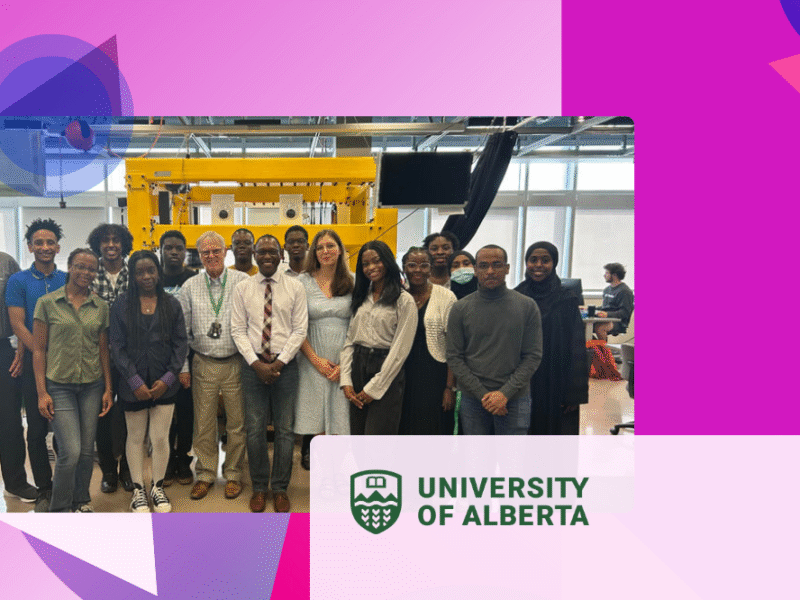Racialized Peoples
Research
Mentoring for Black Nurses—A Retrospective Study
The project explored the role of mentorship in pathways to nursing, including education, employment and advancement, and how anti-Black racism manifests for both internationally and Canadian-trained professionals.
Research
State of Black Economics Report: Insights on Education, Employment and Entrepreneurship
This report examines the challenges that Black Canadians face in economic advancement, specifically education, employment, leadership and entrepreneurship. It draws from the latest data and research in these areas, which show that experiences and challenges vary within the Black population based on gender, age, origin and disability.
Project
Retail Entrepreneurship Acceleration Program
The Retail Entrepreneurship Acceleration Program (REAP) + iLaunchHERproduct, led by de Sedulous Women Leaders and funded by the Future Skills Centre, is a single program with two components that was designed to address the systemic barriers faced by Black, racialized and immigrant women entrepreneurs in retail.
Project
Real Estate Development Incubator: A Model for Equitable Participation
FutureBUILDS represents a new and inclusive approach to addressing Canada’s housing crisis. This project consisted of three phases: research, implementation and alumni engagement.
Blog
Impact Story: Empowering the Future by Advancing Opportunities for Black Youth in STEM
As we look toward building a more inclusive and innovative future, it's essential to reflect on how we support Black youth pursuing science, technology, engineering, and mathematics (STEM).
Project
Enhancing a National Recruitment System for the Unionized Construction Industry
This project’s overall goal was to design and test virtual strategies to recruit more individuals, especially those from underrepresented groups (women, Indigenous Peoples, racialized people, newcomers and youth), to careers in the construction trades.
State of Skills
Working with Black Communities
Black peoples in Canada experience widespread systemic anti-Black racism in education systems and the labour market. More needs to be done to name and address anti-Black racism in the skills ecosystem, including efforts to change employer behaviour to make workplaces more inclusive.
Research
Inclusive STEM Pedagogies in K-12 Education
The purpose of this project is to review research and literature that recognizes current strengths but also identifies gaps in existing resources. This will help properly inform future curricular and educational decisions that nurture strong foundations for diversity, equity, accessibility and inclusion in the digital workforce.
Project
The Study Buddy Program
The Study Buddy program connected families, children in grades K–12 and teacher candidates. It had three objectives: skills development among children and youth, particularly Black, Indigenous, racialized and newcomer populations; skills development among post-secondary students (tutors); and (3) skills and capacity development among parents and guardians.










